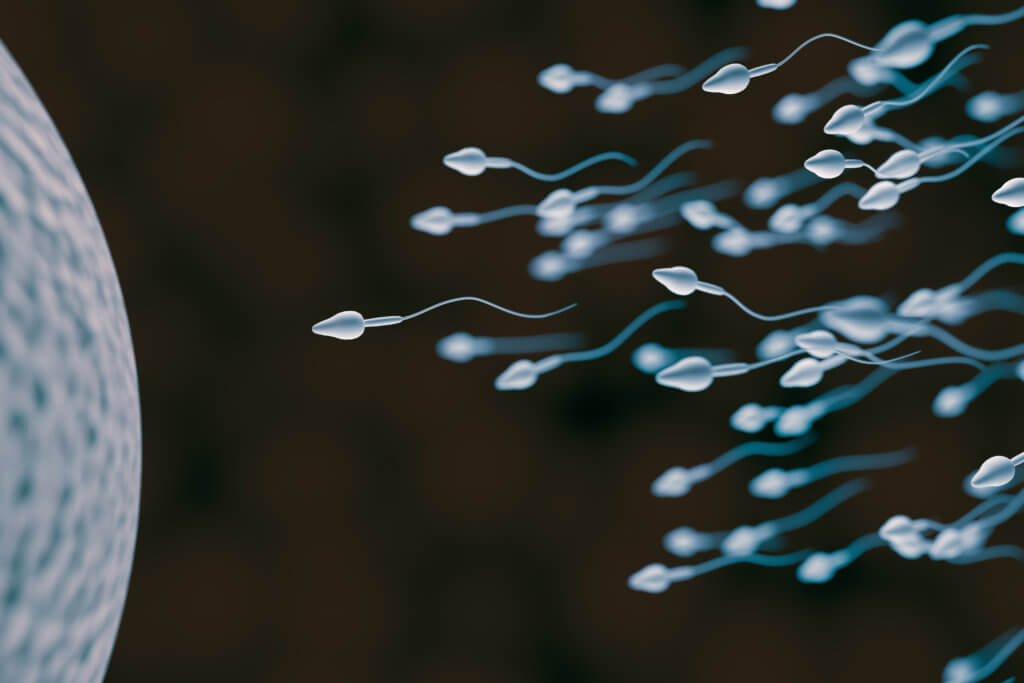- Nov 29, 2008
- 25,786
- 11,295
- 940
Planet of the Apes in the making brought to you by skyence that you most likely paid for with tax dollars.

 www.studyfinds.org
www.studyfinds.org
“This is a major breakthrough towards producing stem cell-based therapies to treat male infertility in cases where the men do not produce any viable sperm cells,” says lead researcher Charles Easley, an associate professor in UGA’s College of Public Health, in a university release.
The team used embryonic stem cells collected from rhesus macaque monkeys to produce immature sperm cells called round spermatids. From there, researchers were able to verify that those spermatids could fertilize a rhesus macaque egg.
In the past, scientists have been able to create sperm-like cells using mouse stem cells. However, at the end of the reproductive day, rodent sperm production is vastly different than that of humans. Up until this new research, it was largely a mystery if this technology would ever prove successful in humans.
“This is the first step that shows this technology is potentially translatable. We’re using a species that’s more relevant to us, and we’re having success in making healthy embryos,” Prof. Easley adds.

Male infertility cure? Scientists create new sperm cells using monkey stem cells
The team used embryonic stem cells collected from rhesus macaque monkeys to produce immature sperm cells called round spermatids.
“This is a major breakthrough towards producing stem cell-based therapies to treat male infertility in cases where the men do not produce any viable sperm cells,” says lead researcher Charles Easley, an associate professor in UGA’s College of Public Health, in a university release.
The team used embryonic stem cells collected from rhesus macaque monkeys to produce immature sperm cells called round spermatids. From there, researchers were able to verify that those spermatids could fertilize a rhesus macaque egg.
In the past, scientists have been able to create sperm-like cells using mouse stem cells. However, at the end of the reproductive day, rodent sperm production is vastly different than that of humans. Up until this new research, it was largely a mystery if this technology would ever prove successful in humans.
“This is the first step that shows this technology is potentially translatable. We’re using a species that’s more relevant to us, and we’re having success in making healthy embryos,” Prof. Easley adds.

